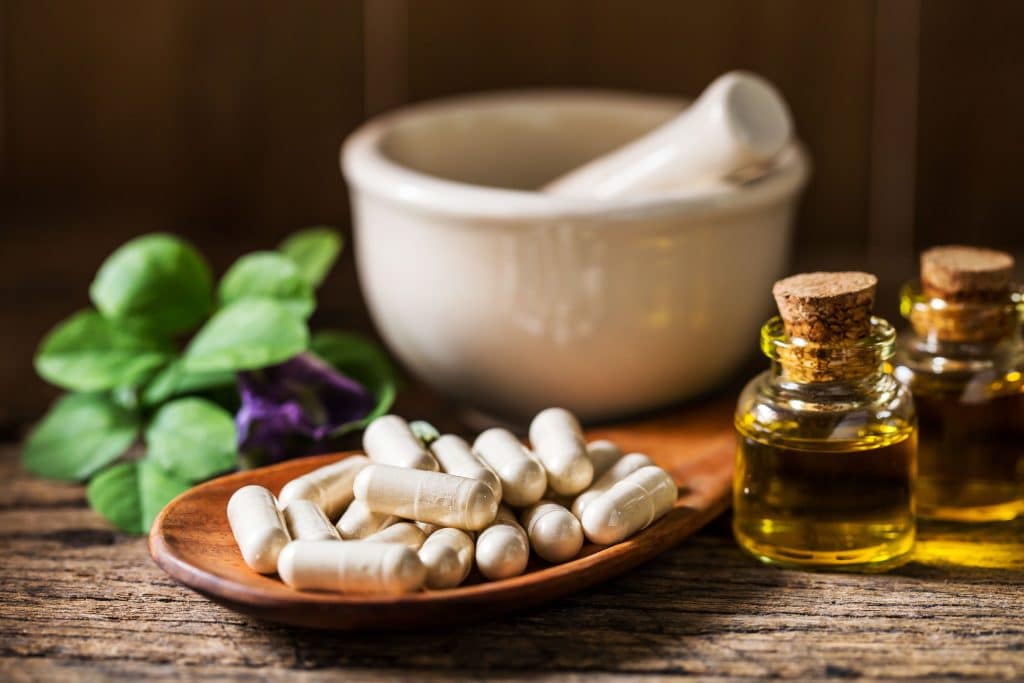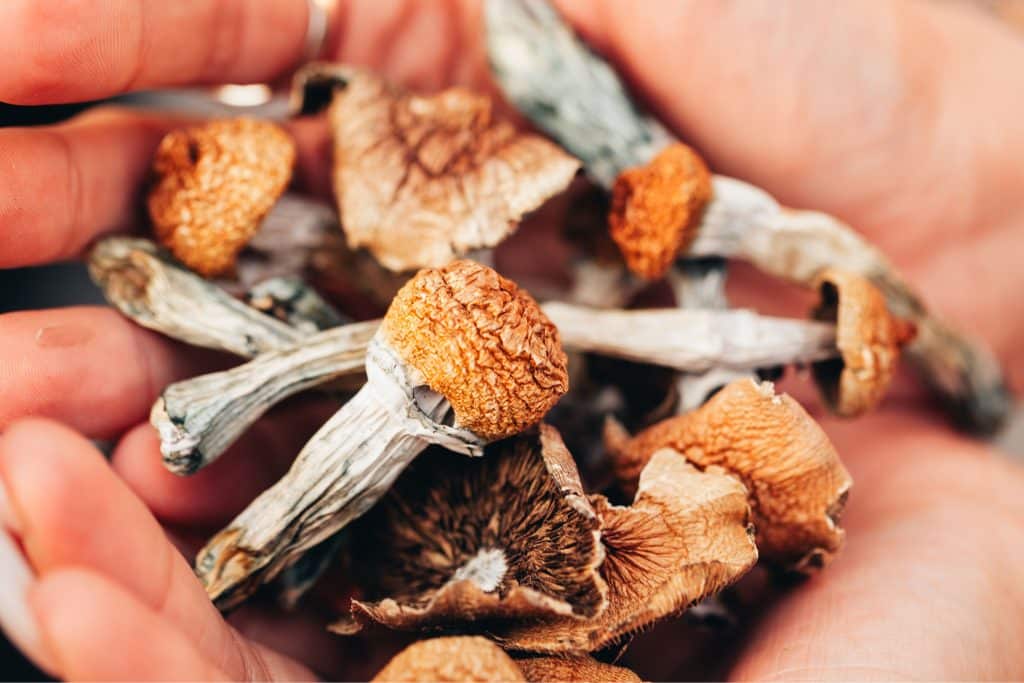There are a lot of voter referendums this coming election season, and we’re bound to see some changes in cannabis policy in different states. Now, with psychedelics growing in popularity, there are also a growing number of ballot measures for these drugs as well. Colorado has a new measure, and is putting it to voters to decide if the state should legalize the use of psychedelic plants, in the upcoming election.
Colorado is quickly becoming the most psychedelic state, and this election might push it even further. Welcome to Cannadelics.com a wholly independent news platform that focuses on covering the cannabis and psychedelics industries of today. We provide readers with the Cannadelics Weekly Newsletter for daily updates on important events; which also comes chock full of deals for tons of cannabis and psychedelics-related products including vapes, smoking devices, edibles, and cannabinoid compounds like Delta 8 & HHC. Head to our ‘best of’ lists for more info, and enjoy your preferred products responsibly.
Colorado and its psychedelic measure this election
Colorado is up for it, that’s for sure. With two separate and similar ballot measures shopped around, its clear the people of the Centennial state want a say on whether or not to decriminalize certain psychedelic plants this election. Only one measure made it to the ballot, and with it comes a natural medicine program within the state.
Article 170 AKA the Colorado Decriminalization and Regulated Access Program for Certain Psychedelic Plants and Fungi Initiative, will be on the 2022 ballot. This measure by Colorado is an initiated state statute, which would do three things upon passage in terms of psychedelic plants, so long as it gets a ‘yes’ vote in the election:
- Define plants containing DMT, ibogaine, mescaline, psilocybin, and psilocin as natural medicine – with the exception of peyote.
- Decriminalize personal cultivation, use, possession, and the ability to transport these natural medicines, for residents 21 and above.
- Create licensed healing centers for the legal administration of natural medicines called The Regulated Natural Medicine Access Program.

Much like many weed legalizations, this decriminalization/legalization would allow those who underwent convictions for such plants, to petition to have their records sealed. This certainly isn’t automatic, meaning those who want their records sealed, would have to deal with a bunch of bureaucracy, even if the plants end up decriminalized. It was not stipulated whether people currently serving time for such crimes would be released.
The measure, should it pass, would also do the following, which sounds much more like Oregon’s legalization in terms of specific facilities, and laws around use:
- “Create a natural medicine services program for the supervised administration of such substances;
- Create a framework for regulating the growth, distribution, and sale of such substances to permitted entities; and
- Create the Natural Medicine Advisory Board to promulgate rules and implement the regulated access program”
This is similar to Oregon’s legalization, which currently permits the legal use of mushrooms within specified facilities only, and doesn’t give legal use rights outside of that. Both states’ measures seem to be somewhere in the middle of a recreational and medical legalization, with laws that don’t necessarily make sense. Just like Oregon, Colorado would allow something; without really allowing the freedom for people to use it as they wish; and a strange setup of mandatory supervised use, but not by medical professionals.
Oregon separately decriminalized all drugs, meaning Oregon and Colorado would have the same setup with decriminalized possession and use, but legal use confined to specific settings under specific guidelines. There is no cannabis legalization or decriminalization measure that necessitates being in a facility to legally use the plant. These ballot measures show the desire to move forward with psychedelics, but an inability of government (and perhaps the people too), to really allow it the way it should be.
What about Measure 61?
A second Colorado ballot measure meant to decriminalize psychedelic plants, didn’t make it to the ballot this election. Much like Article 170, Measure 61 required a certain number of validated signatures by August 8th of this year. It needed 124,632, and collected just over 5,000, which doesn’t qualify for a state vote.

Measure 61 – AKA Legal Possession and Use of Entheogenic Plants and Fungi, is no longer in the running to be on the ballot. This measure would have given voters the ability to remove criminal penalties for cultivation, possession, and use of entheogenic plants within the state. Unlike Article 170, it wouldn’t have set up any kind of regulated market, making it a slightly watered-down version of the initiative that did make it on.
Perhaps Article 170 making it on, and Measure 61 not making it on, simply goes to show that Colorado wants to move a little faster. If voters were more in the thinking of a simple decriminalization with no use market, perhaps Measure 61 would have collected more votes. It certainly wasn’t because Coloradans don’t want some kind of measure, as the more extreme initiative did make it onto the ballot, and Colorado has already shown itself to be ready for psychedelics.
Denver’s decriminalization and MDMA legalization
This is not the first big move in Colorado concerning psychedelic plants through election measures. Back in 2019, the city of Denver, Colorado voted to decriminalize magic mushrooms through Measure 301, which deprioritized criminal sanctions for people possessing and using psilocybin mushrooms, so long as they’re 21 or above. What does it mean to deprioritize? It means law enforcement are instructed not to spend resources on legal actions, and are, in fact, prohibited from doing so.
The vote did pass, but marginally, with 50.56% giving it a ‘yes’. To give an idea of how popular mushrooms are in Denver (or, how popular they are for law enforcement to go after), less than 60 people per a year are arrested for psilocybin mushroom possession. There are so few prosecutions, that in a three-year period, only 11 were done. Either not everyone is running out to do mushrooms, or Denver already had a lax policy for going after offenders. Either way, the decriminalization passed three years ago.
But that’s not the only big move made in Colorado concerning the psychedelic drugs industry. In fact, Colorado made an even bigger move, and is the first state to do it, though more will likely follow. Colorado passed HB 1344, a bill that legalizes the prescribed use of MDMA, but with the caveat that it must be legalized by the federal government first.
I reported several months ago that HB 1344 passed a House committee vote unanimously 11-0 in April of this year. The bill, quite obviously, had bipartisan support, along with the sponsorship of two war veterans. But it still required a full House vote, and passage by the Senate. The full House vote took place on the 8th of April with no amendments. In one of the quickest bill-passing examples that I can think of, by April 29th it passed the Senate with no amendments as well.

The bill was signed by the speakers of the House and Senate on May 27th and 31st respectively, and was signed into law by the governor on June 8th of this year. While some bills take months to go through committees; have amendments made, evaluated, and then voted on again; this bill essentially went straight through, in one of the fastest passages I’ve ever seen. Everyone wanted this bill, and that certainly says a lot about the likely upcoming federal passage of MDMA for medical use.
In fact, we know its coming, because MAPS, the organization in Phase III trials for its MDMA for PTSD medication, actually designed those trials in conjunction with the FDA to ensure that results meet regulation. The FDA already awarded MAPS’ MDMA medication a Breakthrough Therapy status, which is a determination meant to bring a product to market faster. And all of this while MDMA sits in Schedule I of the Controlled Substances list, indicating there will be a legal change in the near future for this compound.
Conclusion
Colorado is certainly looking to get even more psychedelic come election season. While it’s certainly not a sure thing just yet, with the direction the state is already going in, there’s a good chance that Article 170 will pass, and Colorado will become the next state to offer its citizens the ability to legally use psychedelic plants.
Hello readers! Thanks for joining us at Cannadelics.com, the preeminent internet source for independent news covering the cannabis and psychedelics landscapes. Read through the site whenever possible to stay updated on important happenings, and sign up for the Cannadelics Weekly Newsletter, to ensure you’re first to know what’s going on.








